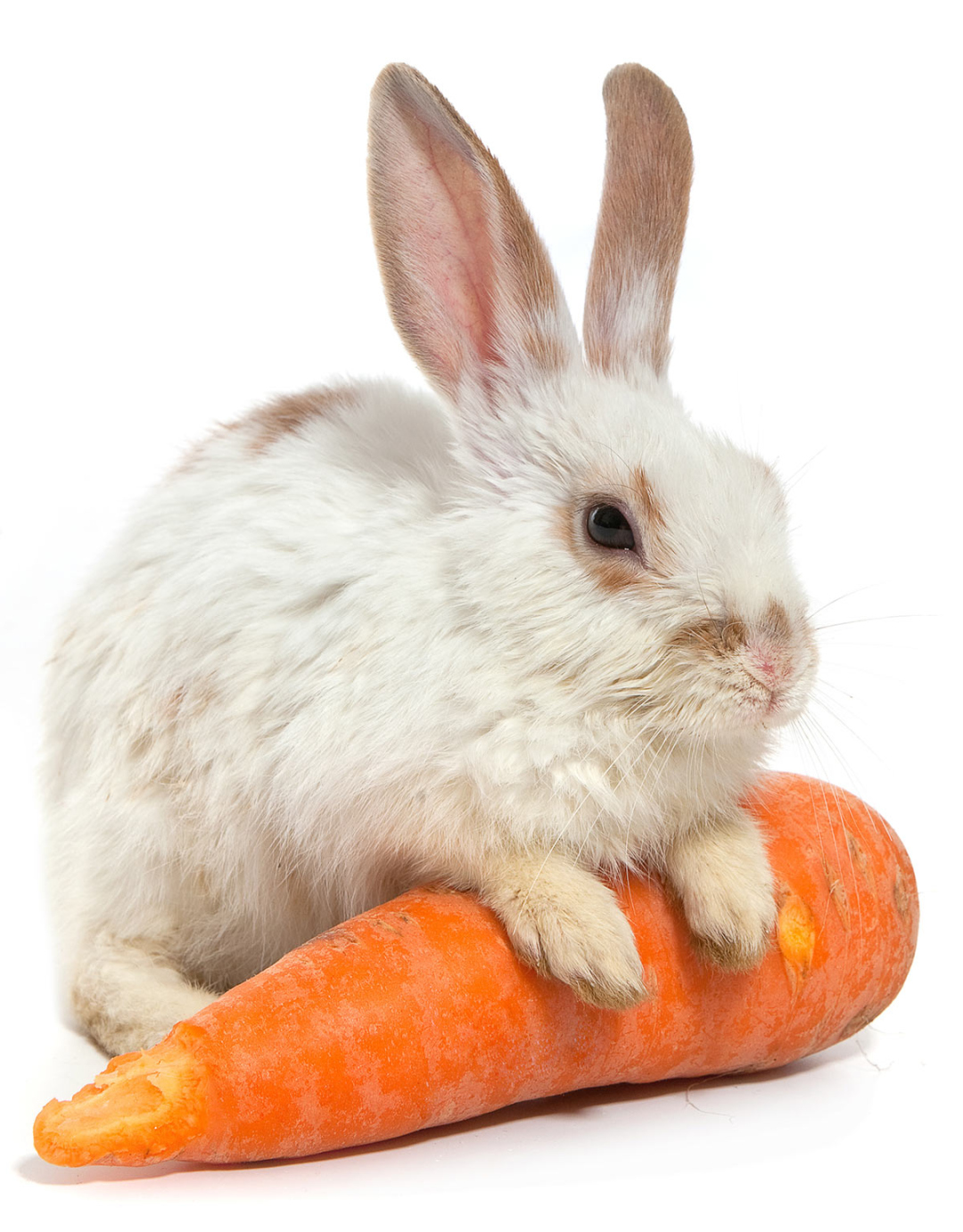How Much Carrot Can a Rabbit Eat?
Carrots are often considered a staple food for rabbits due to their high nutritional value and sweet taste. However, it is important to understand the appropriate amount of carrots that should be included in a rabbit’s diet to ensure its overall well-being. In this article, we will discuss the recommended portion size of carrots for rabbits, the potential risks of overconsumption, and other factors to consider when feeding your furry friend.

Recommended Portion Size
Rabbits have a delicate digestive system that requires a balanced diet consisting mainly of hay, fresh vegetables, and a limited amount of pellets. Carrots can be a part of this varied diet, but it is crucial to remember that they should be given in moderation.
The recommended portion size of carrots for rabbits is about 1-2 tablespoons per day. This can be divided into smaller amounts and given as treats or mixed with other vegetables to provide a well-rounded diet. Keep in mind that carrots should not be the sole focus of your rabbit’s meals, and it is important to incorporate a variety of other fresh vegetables as well.
Risks of Overconsumption
Although carrots are generally safe for rabbits to eat, overconsumption can lead to certain risks and health issues. One significant concern is the high sugar content in carrots, which can potentially disrupt the delicate balance of a rabbit’s digestive system. Excessive sugar intake may lead to diarrhea, obesity, and dental problems in rabbits.
Additionally, carrots are relatively high in calories compared to other vegetables, and a diet consisting predominantly of carrots can lead to weight gain and nutritional imbalances. It is important to ensure that your rabbit’s diet includes a variety of fresh vegetables to meet their nutritional needs and prevent any potential health complications.
Other Factors to Consider
When feeding carrots to your rabbit, it is important to consider the following factors:
- Age: Young rabbits have more sensitive digestive systems and should be introduced to carrots gradually. Start with small amounts and observe your rabbit’s reaction before increasing the portion size.
- Quality: Choose fresh, organic carrots whenever possible to provide the highest nutritional value for your rabbit. Avoid carrots that are wilted, moldy, or have any signs of decay.
- Diversity: Carrots should be part of a varied diet that includes other fresh vegetables to ensure your rabbit receives a wide range of nutrients.
Remember: Carrots should be given as a treat or supplement to your rabbit’s main diet. They should not replace the essential components of hay, fresh water, and pellets.
Frequently Asked Questions (FAQs)
1. Can rabbits eat carrot tops?
Yes, rabbits can eat carrot tops in moderation. Carrot tops are leafy greens that provide additional nutrients and fiber for your rabbit. However, make sure to thoroughly wash the carrot tops to remove any pesticides or dirt before feeding them to your furry friend.
2. Can carrots be harmful to rabbits?
While carrots are generally safe for rabbits, overfeeding can lead to health issues such as digestive problems, obesity, and dental concerns. It is important to follow the recommended portion size and provide a varied diet to maintain your rabbit’s overall health.
3. Can rabbits have baby carrots?
Yes, rabbits can eat baby carrots. However, it is important to note that baby carrots are often sweeter and have a higher sugar content compared to regular carrots. As a result, they should be given in smaller quantities to prevent any potential health problems associated with excessive sugar intake.
4. Can rabbits eat carrot peelings?
While carrot peelings are not toxic to rabbits, they should be given in moderation. The peelings may contain a higher concentration of pesticides or other chemicals, so it is best to limit their consumption. Make sure to thoroughly wash the carrots before peeling to minimize any potential risks.
Related Articles…
Copyright Notice:
Images displayed on this website are not our property, but are procured from the internet. If you hold copyrights to any image and wish for its removal, please get in touch with us.